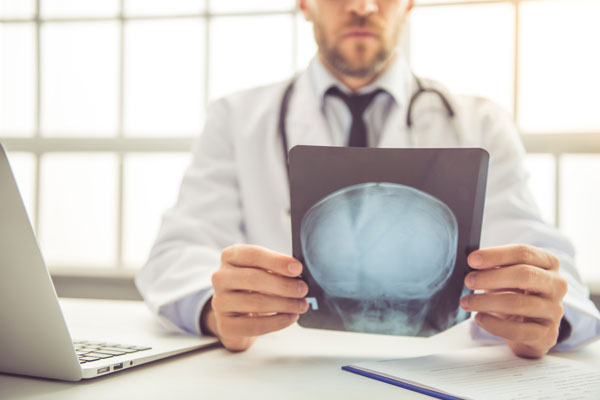
What is a concussion?
A concussion changes the way our brain functions. It causes it to work less optimally. A concussion may be caused either by a direct blow to the head, face, neck or elsewhere on the body with an “impulsive” force transmitted to the head.
Common symptoms reported with concussive injuries include:
Headache, dizziness, neck pain, nausea, vomiting, loss of balance, poor coordination, trouble focusing, poor concentration, feeling “foggy”, confusion, poor memory, blurring or double vision, seeing “stars”, emotional changes, ringing in ears, fatigue, difficulty sleeping, and decreased playing ability.
Physiotherapy and Concussion Treatment:
From athletes, slip and falls to car accidents, concussions are a common occurrence and treated regularly at PhysioHouse by our team of highly-skilled physiotherapists.
Initial Assessment (first visit)
If you have been sent to PhysioHouse by your family physician for concussion management, you can expect us to start off with a subjective assessment to discuss your injury, side-effects, past medical history and recent symptoms. This information gives your physiotherapist a good starting point in the design of your customized treatment plan.
Your physiotherapist will then check your strength, range of motion, coordination, reflexes, as well as perform a comprehensive neck examination and orthopaedic tests if any secondary injuries were sustained. The next phase of the assessment is a Vestibular-Ocular Motor Screen, which assesses the function and connection between the vestibular system (inner ear) and ocular function (vision). This vestibular rehabilitation is important in the recovery of concussions and patients will be given progressive eye movement / coordination exercises for at home.
Treatment (follow up visits)
Recovering from a concussion can be a frustrating process. Each patient will require individualized care during their concussion management process. Some may recover quite quickly, while some may have a difficult time progressing.
Part of the treatment process will involve following the management recommendations provided by your physiotherapist and participating in active treatment. Various treatments will include: concussion education, school / work / activity modifications, manual therapy (neck), vestibular-ocular motor therapy, progressive exercise and other recovery strategies. At PhysioHouse, we also maintain ongoing communication between family physicians and specialists.
An importance component of the return-to-play process is a specific step-by-step graduated exercise program. Just like athletes would do if they were recovering from an ankle sprain, they should gradually increase exercise intensity for physical re-conditioning and to guard against symptom relapse. Guidance and a step-by-step progression can be provided by your physiotherapist to help prevent premature return to sport.
Utilizing the expertise of a trained physiotherapist in this process is an important step for a full recovery. Don’t wait! Even guidance and treatment during the rest phase can help increase the recovery time from post-concussive syndrome.
